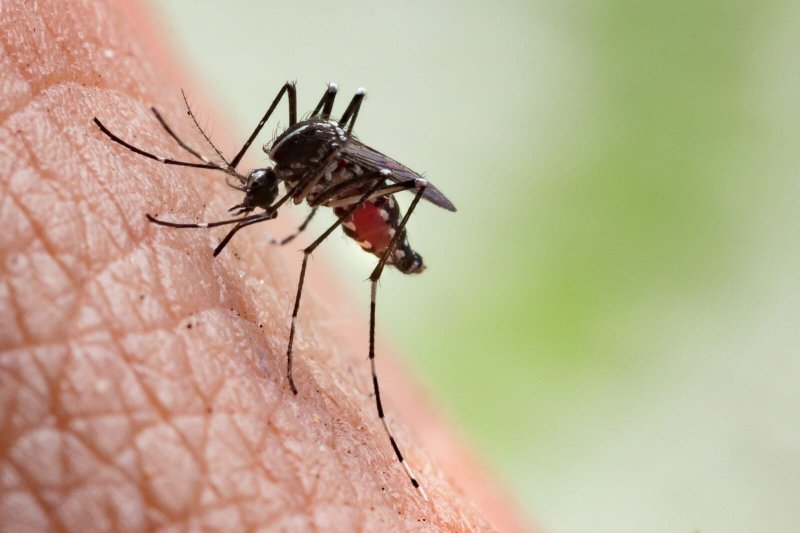Fifty-two billion people—almost half of the cumulative human population—are thought to have perished at the hands of a creature no bigger than a fingernail: the mosquito. In his new book The Mosquito: A Human History of Our Deadliest Predator, historian Timothy Winegard exposes this insect as not merely an itchy pest, but a force of nature that has dictated the outcome of significant events throughout human history. From ancient Athens to World War II, Winegard highlights key moments when mosquito-borne diseases caused militaries to crumble, great leaders to fall ill, and populations to be left vulnerable to invasion.
…
[Smithsonian:] What are some of the most common misconceptions people have about mosquitoes?
[Winegard:] In countries that are relatively free of mosquito-borne disease, or have been free of mosquito-borne disease for the last half-century, we tend to think that they’re just annoying pests. We fail to realize that they’re a global problem, especially with trade, travel, and the increased mobility of human populations. There are over 100 trillion mosquitoes on the planet at any given moment, that’s the estimate. It’s a universal problem that requires a universal solution.
Read full, original post: How Mosquitoes Helped Shape the Course of Human History































